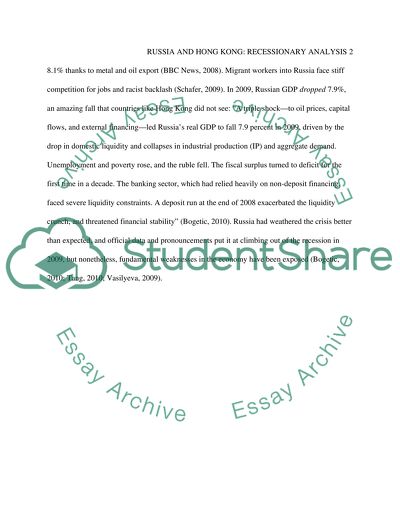Cite this document
(“Effects of credit crunch/ensuing recession on political economy Essay”, n.d.)
Retrieved from https://studentshare.org/environmental-studies/1410361-effects-of-credit-crunch-ensuing-recession-on
Retrieved from https://studentshare.org/environmental-studies/1410361-effects-of-credit-crunch-ensuing-recession-on
(Effects of Credit crunch/Ensuing Recession on Political Economy Essay)
https://studentshare.org/environmental-studies/1410361-effects-of-credit-crunch-ensuing-recession-on.
https://studentshare.org/environmental-studies/1410361-effects-of-credit-crunch-ensuing-recession-on.
“Effects of Credit crunch/Ensuing Recession on Political Economy Essay”, n.d. https://studentshare.org/environmental-studies/1410361-effects-of-credit-crunch-ensuing-recession-on.


